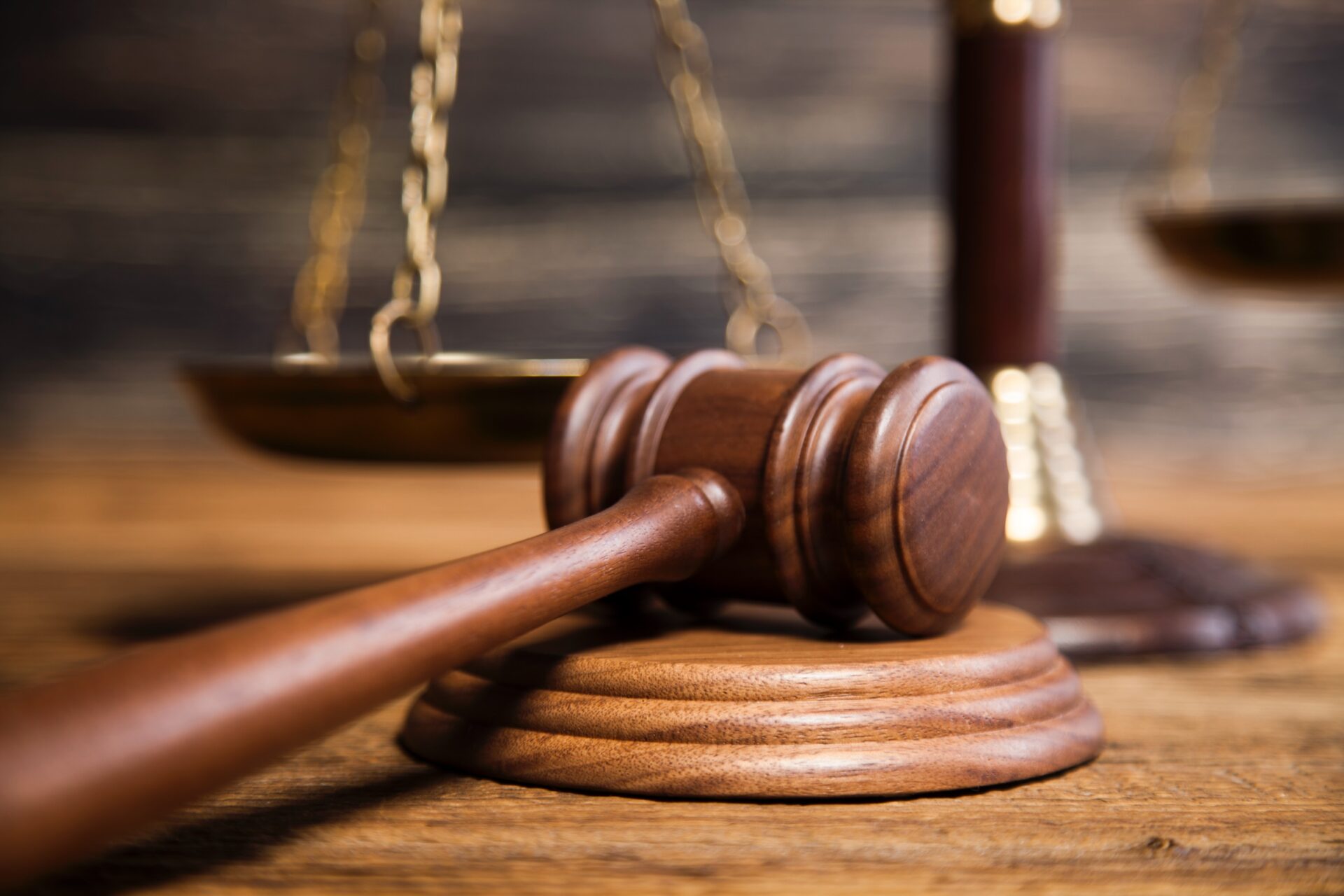
July 7, 2024
The NCAA has responded to McKinney’s claims by saying that it factors in multiple factors in its decision to place a program in its academic reform programs, saying that there are a “multitude of non-discriminatory factors”
Brenda McKinney, a current player on the Gambling University women’s basketball team, filed a federal class action lawsuit in Indiana in 2023 that accused the NCAA of discriminating against HBCUs through its academic reform programs. McKinney is arguing that the NCAA included metrics in its Academic Performance Program (APP) that it knew would have a discriminatory effect on its HBCU member organizations.
U.S. Magistrate Judge Mark J. Dinsmore recently denied the NCAA’s request to delay the lawsuit any further, scheduling a deposition of McKinney for July 17, one day after the settlement conference scheduled for July 16. Judge Dinsmore wrote in his order, “While Defendant’s failure to have completed the Plaintiff’s deposition prior to the scheduled date of the settlement conference may well be a failure to properly plan its necessary discovery, it is neither good cause, nor an exigent circumstance.”
As The Indiana Lawyer reported in 2023, the class action lawsuit mainly concerns itself with the Civil Rights Acts of 1981 and 1985 and claims that the NCAA interferes with the ability of student-athletes to make and enforce contracts, a reference to the national letter of intent that student athletes sign when they commit to attend institutions. The lawsuit also claims that an HBCU is 43 times more likely than a PWI to be given a postseason ban, which the complaint argues places students at those HBCUs at a disadvantage.
According to the lawsuit, “Black student-athletes were not provided full information about the potential consequences of the NCAA’s discrimination against Black student-athletes at HBCUs. As a result, unbeknownst to them, they entered their Contracts with substantial disadvantages and effects.”
The lawsuit also sets forth an argument that the NCAA made an “intentional decision” to “undermine the path of the Black student-athlete.”
“Although the NCAA claims to have made numerous ‘reforms’ to its academic measurements throughout several decades,” the complaint argued, “it is an intentional decision to consistently acknowledge reliable data that its ‘reforms’ hobble and undermine the path of the Black student-athlete at HBCUs but nonetheless allow the discrimination to continue.”
The complaint also attempted to situate the historical role of the education system in the treatment of Black people, “The NCAA’s design and implementation of the APP perpetuates a system that punishes Black student-athletes at HBCUs because of the HBCUs’ unique and historical role in the education of Black people within the systemic vestiges of discrimination.”
According to Sportico, the NCAA has responded to McKinney’s claims by saying that it factors in multiple factors in its decision to place a program in its academic reform programs, saying that there are a “multitude of non-discriminatory factors” including “institutional challenges, resource constraints, suspensions and expulsions, injuries, personal choices, illnesses, poor team performance, individual eligibility issues, the absence of postseason play for particular sports, coaching decisions [and] enrollment status.”
Elizabeth Fegan, McKinney’s attorney, told Sportico that the lawsuit is related to the NCAA’s failure to live up to its own bylaws. “We are not trying to prevent the NCAA from monitoring academic performance,” Fegan said. “We want them to be educated and successful. But the NCAA promised in its bylaws to tie those measures to the student bodies of schools and that is where the NCAA has failed.”
Fegan continued, “It is really hard to be a student-athlete bringing these cases. They put their athletic career at risk and risk the ire of their coaching staff. We have talked to HBCU presidents who are interested [in helping] but who can’t participate publicly because of fear of retribution from the NCAA.”
RELATED CONTENT: NCAA Faces Potential Billion Dollar Lawsuit Regarding Student-Athlete Compensation